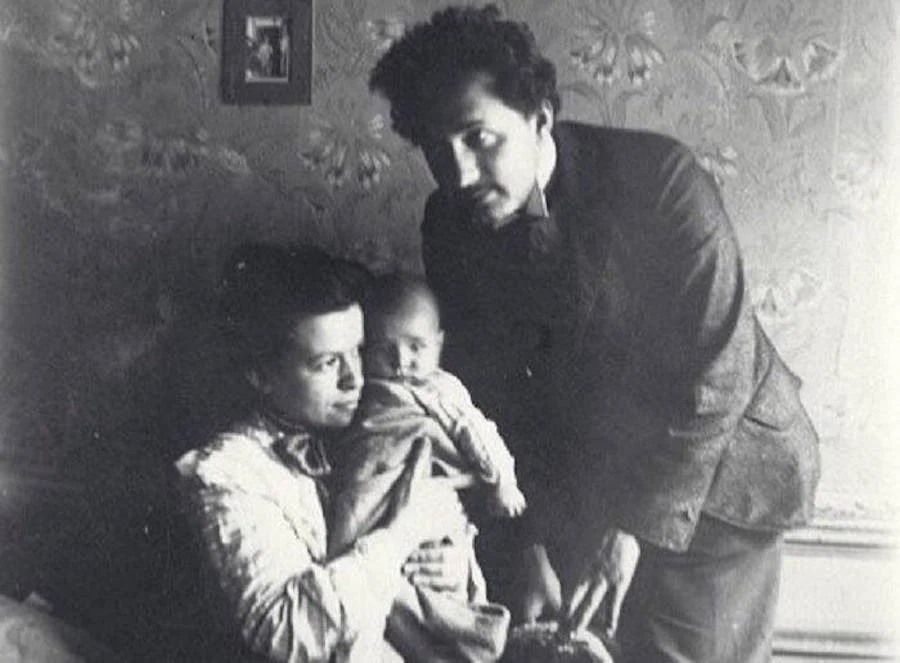How do you motivate a child to study? Take away gadgets? Promise a toy? Talk about the benefits of knowledge or threaten with a janitor’s job? None of these methods are likely to genuinely interest the child in studying. Svetlana Dmitrieva shares ideas that will have a long-term effect and truly motivate the student.
“What can parents do? After all, motivation to study depends on the school itself,” you might say. And you would be right! But only partially. The desire to study arises from curiosity and is reinforced by a system of life values, in which education plays an important role. Both of these things begin to form within the family even before school, don’t you agree? And during the school years, the development of the necessary qualities in the child continues, and parents can and should influence this process.
I would like to share a few ideas on how to create a family atmosphere that will set the child up for study and work on creating an inner need to learn. These will work for children of any age. So what can parents do?
5 Ways to Motivate a Child to Study
Set a Personal Example
Nothing has such a strong educational impact on a child as the personal example of parents. But it’s not about hanging your diplomas on the wall or reminiscing about school days. The example will be much more vivid and contagious if parents are learning something new in front of the child, especially since modern life requires us to continually acquire new skills. And it’s not necessary to get another degree or pursue a new profession. You can simply learn to cook well or play the guitar, figure out a new computer program or assemble furniture. The main thing is to do it with passion!
It’s essential to continually share with your child the joy of discovery, tell what you’ve learned that’s interesting, what you’ve managed to do well, and what you still strive for. And it’s equally important to show not only successes but also failures, not to be shy about talking about mistakes and how they can be fixed. If you show the child how learning changes the parents’ lives, and the whole family, for the better, he will gradually absorb the idea that learning is both a benefit and pleasure “in one bottle”!
Create an Educational “Genealogy”
More and more people have become interested in their roots, drawing a genealogical tree, and writing books about their lineage. This wonderful hobby can be used to increase motivation. If you gather information about what, where, and how the family members of different generations studied, what they then did in life, how education influenced their lives, you may discover much that is new and unexpected, see interesting parallels and patterns.
The result may be the creation of the Family Education Tree. Depending on the child’s age, he can take an active part in this work, and it will give him much food for thought. He will be able to feel a part of the family system in which everyone’s education plays a specific role.
The educational “genealogy” is a good way to help the child embrace the idea that learning is part of any person’s life, bearing its fruits, and much depends on what those fruits will be and how he will use them. But the Education Tree is a subtle tool.
It’s important that the child can draw his conclusions, and you should not impose clichés like “Grandfather did not finish school, so he could not find a good job” or “All the women in our family became medical professionals, and you should continue the tradition.” Children should not feel trapped by family scenarios. The freedom of choice in thought and action will support the motivation to learn much better than externally imposed stereotypes.
Play Intellectual Games
Imagine a boring lesson led by a dull teacher. A sad picture, isn’t it? But not all children are bored equally. Some truly languish in anticipation of the bell, while others don’t feel much discomfort, complete all tasks, and even show interest in them. Why does this happen?
Because some children are accustomed to deriving pleasure from intellectual activities, and even in a dull lesson, the study material allows them to engage their minds with interesting work. Others do not feel a taste for the “game of the mind”, and to engage them, something very entertaining must constantly happen in the lesson.
To instill in the child a taste for achieving results from intellectual efforts, play games with them as often as possible that require such efforts. Puzzles, brainteasers, board games – anything you like, the choice now is vast.
Make it so that a day spent without an “intelligent” game was a day lived in vain.
What’s the connection? What do games have to do with school? But a habit acquired in one area, the child will later transfer to others, including study. The main thing is for them to “catch” the feeling of joy from mental work, learn to “feed” the brain with intellectual tasks, and they will want to “catch” this feeling again and again, even in lessons.
Intellectual games are almost a universal way to train the brain to work with pleasure, but there is one condition: the game must match the child’s abilities and interest them, or you can achieve the opposite effect.
Expand the Horizon on the Topic of Education
School is one of humanity’s oldest inventions. In all times, children had to learn something to enter adult life fully armed. But modern students find it difficult to fully appreciate the opportunities that education gives them since they have nothing to compare their usual image of school life with.
Understanding the importance of study as an eternal value and seeing their personal educational prospects will be aided by broadening their horizons on the topic of education.
It is useful to periodically “feed” the child information about how and what children are taught in other countries. And, by the way, about the fact that millions of children on the planet are completely deprived of the opportunity to study. It’s helpful to engage historical material about education in different epochs.
It’s better to do this unobtrusively, drawing attention to interesting details that evoke emotions. Cambodia’s floating schools, an underground school in Virginia, a nomadic school in Yakutia, or schools in Nepal’s high-mountain regions where students walk for several hours, or even days – these are just some examples that can impress a child and prompt them to reflect on the role of school in human life.
Additional opportunities can also be found close to home. Many cities now have museums dedicated to school and education. And children’s centers sometimes conduct various programs and quests that play out school themes.
Read the Right Books
Choose books to read with your child whose plots emphasize the value of education. These can be fairy tales, realistic stories, or biographies of famous people. It’s better to do this yourself, not relying on lists of school books for children of any age that can be found on the Internet. To find a book that will “hook” the child, it’s important to focus on their individual characteristics and interests, taking into account their own school situation.
Will the listed methods have an immediate effect? No, they are designed for long-term application, as they work on cultivating internal motivation. But the result will be much more resilient than when using “sticks” and “carrots.”










